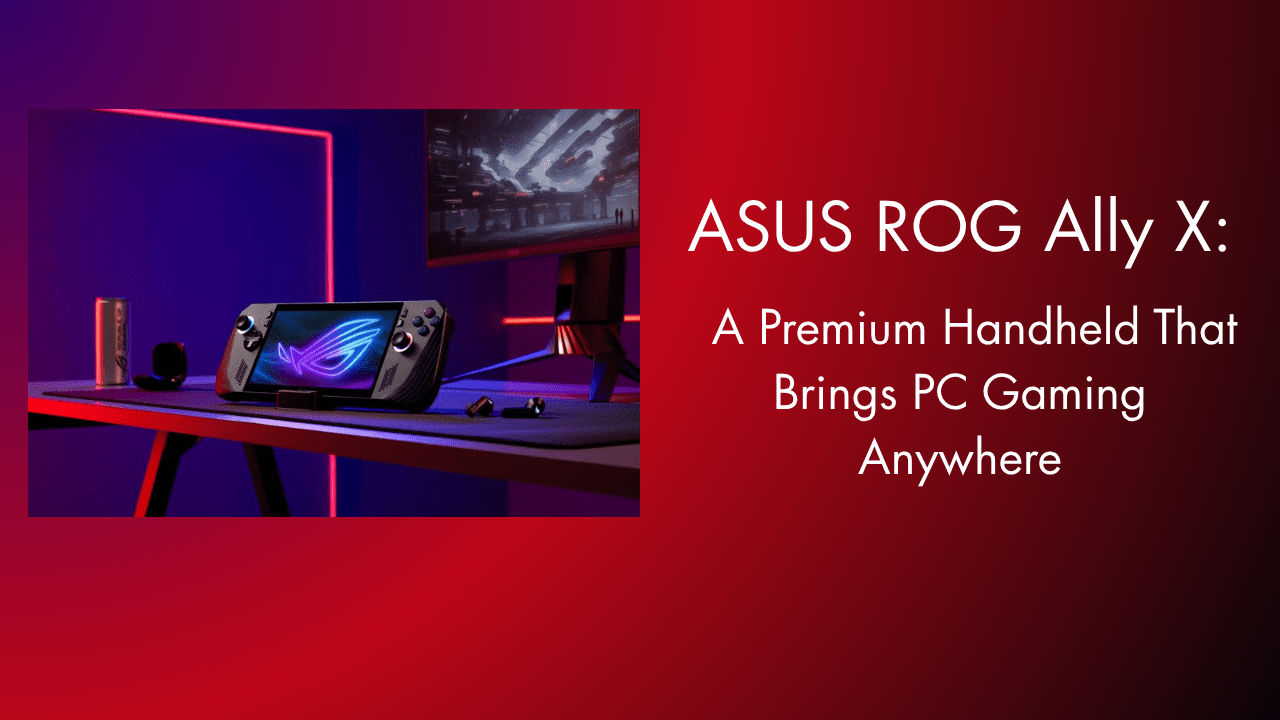When Valve launched the Steam Deck in early 2022, it set out to prove that PC gaming could fit in the palm of your hand without compromising too much on performance or flexibility. Built on SteamOS 3.0, a custom Linux-based operating system layered with Proton to run Windows games, the Steam Deck offered something no other handheld had managed before, a truly portable way to play your existing Steam library wherever you go.
From the start, the Steam Deck stood out not just for its ambition but also for its openness. Unlike most closed ecosystems, Valve gave users access to a full desktop mode, letting them install third-party apps, tweak settings, or even load entirely different operating systems if they wanted. This combination of console-like simplicity and PC-level freedom quickly made the Steam Deck a favorite among enthusiasts despite its rough edges.
Powered by a custom APU combining AMD’s Zen 2 CPU architecture with RDNA 2 graphics, the Steam Deck delivered surprisingly capable performance for a handheld. Most modern games ran smoothly at the system’s 800p resolution, and indie and older titles often flew. Battery life was less impressive, often dipping below three hours in demanding games, but for many users the trade-off was worth it.
Over time, Valve refined the hardware and software with frequent updates and new models. In late 2023, the Steam Deck OLED arrived with a larger, brighter, faster display, improved battery life, better cooling, and Wi-Fi 6E support. This model addressed many early criticisms while keeping the experience fundamentally the same. Even with competition heating up from Asus, Lenovo, and others offering their own Windows-based handheld PCs, the Steam Deck’s tight integration with Steam and ease of use continued to set it apart.
By 2025, Valve’s experiment has become a fixture of the gaming landscape. More than four million units have shipped worldwide, and the device has inspired an entire category of portable PCs. Gamers now have more choice than ever in how and where they play, and the Steam Deck remains at the center of that shift.
For all its flaws, battery life is still a challenge, and some AAA titles push its hardware to the limit, the Steam Deck has delivered on its promise of making PC gaming more accessible and portable. Three years on, it’s clear the Steam Deck didn’t just carve out a niche, it helped redefine what a gaming PC can be.



